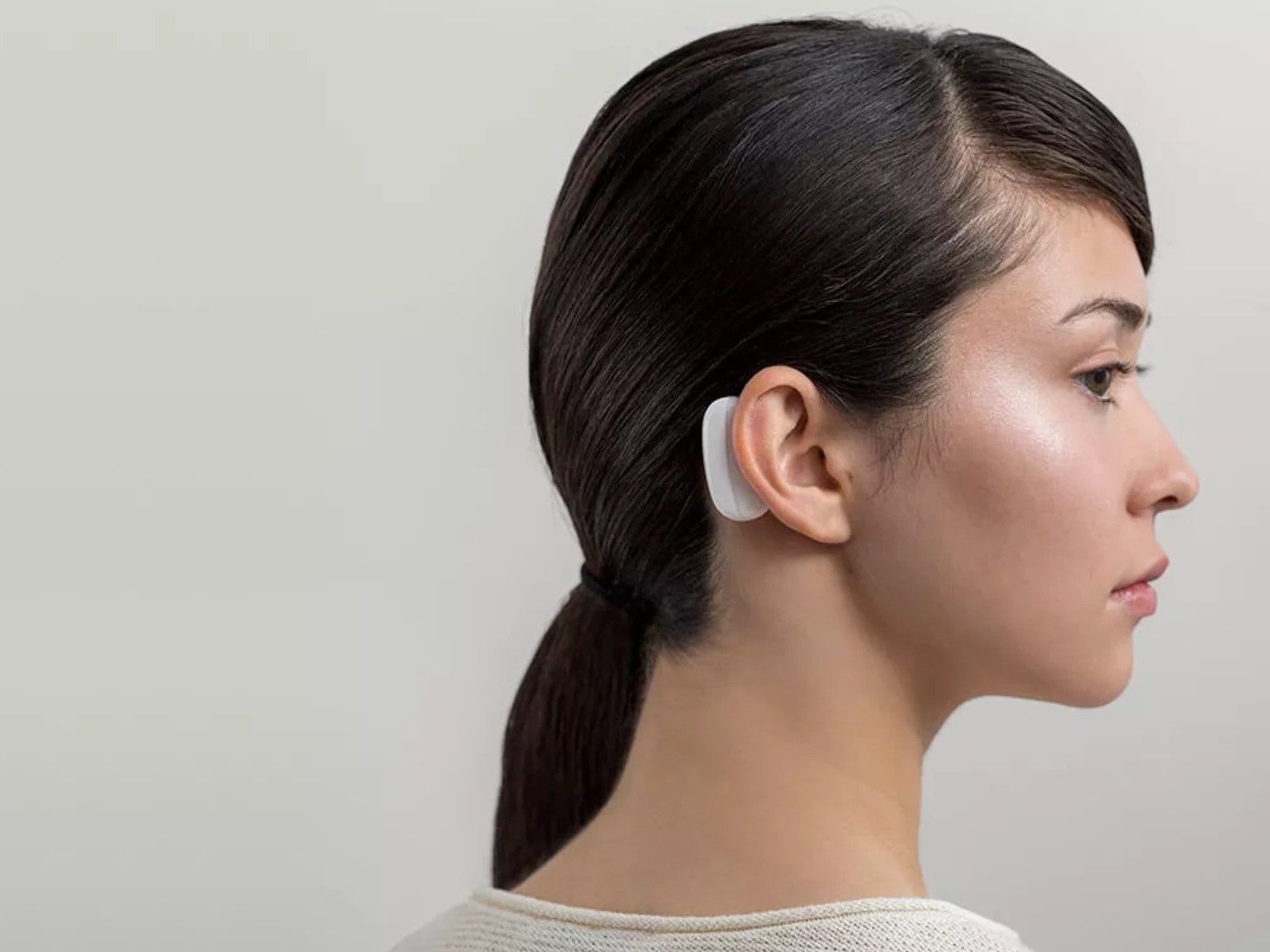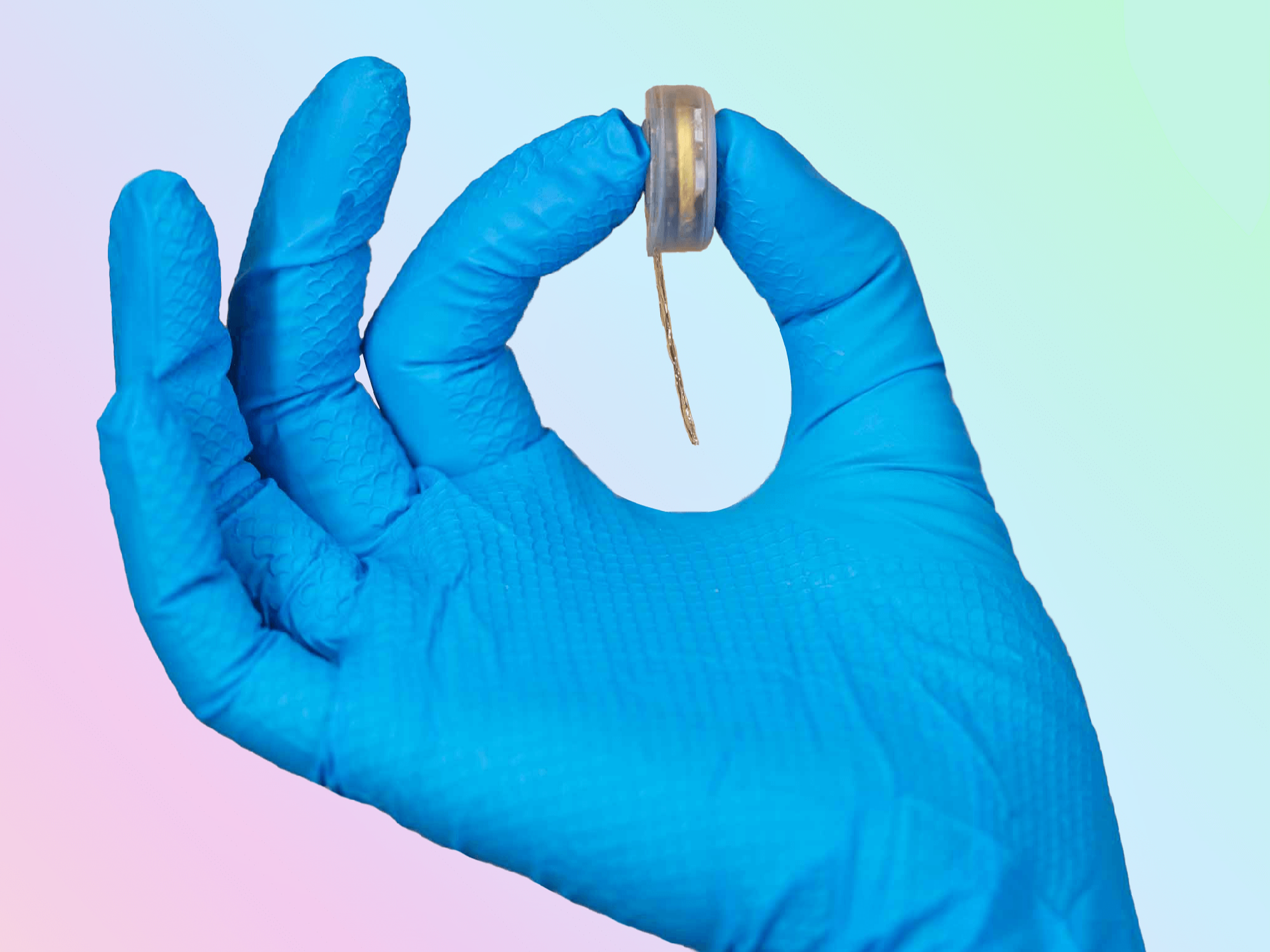Elon Musk’s Neuralink recruiting humans to trial brain implant
Neurotech startup previously accused of inflicting ‘extreme suffering’ on monkeys

Your support helps us to tell the story
From reproductive rights to climate change to Big Tech, The Independent is on the ground when the story is developing. Whether it's investigating the financials of Elon Musk's pro-Trump PAC or producing our latest documentary, 'The A Word', which shines a light on the American women fighting for reproductive rights, we know how important it is to parse out the facts from the messaging.
At such a critical moment in US history, we need reporters on the ground. Your donation allows us to keep sending journalists to speak to both sides of the story.
The Independent is trusted by Americans across the entire political spectrum. And unlike many other quality news outlets, we choose not to lock Americans out of our reporting and analysis with paywalls. We believe quality journalism should be available to everyone, paid for by those who can afford it.
Your support makes all the difference.Elon Musk’s brain chip startup Neuralink has begun recruiting for its first human trials, having previously tested the technology on pigs and monkeys.
Neuralink’s brain-computer interface received approval in May from the US Food and Drug Administration (FDA) to test its technology on humans, which the company hopes can help people with brain disorders and spinal injuries.
“We’re excited to announce that recruitment is open for our first-in-human clinical trial,” Neuralink posted on X, formerly known as Twitter.
“If you have quadriplegia due to cervical spinal cord injury or amyotrophic lateral sclerosis (ALS), you may qualify.”
The study will assess the safety of both the wireless chip and the surgical robot used to implant it in the brain. If successful, subjects will be able to control a computer cursor or keyboard using only their thoughts.
The ultimate goal for Neuralink, according to Mr Musk, is to not just treat medical patients but augment the ability of humans in order to allow them to compete with advanced artificial intelligence.
Implanted chips could provide “enhanced abilities” like greater reasoning and improved vision, while enabling people to perform previously impossible tasks like streaming music directly to their brain.

Neuralink has faced criticism from animal rights groups for the treatment of its research subjects at the University of California’s Davis Primate Centre.
The Physicians Committee for Responsible Medicine (PCRM) accused Mr Musk’s startup of subjecting monkeys to “extreme suffering” and providing “inadequate animal care”.
Both Neuralink and Mr Musk have denied the allegations, with the tech billionaire claiming last week that research experiments were only carried out on primates that were already close to death.
“No monkey has died as a result of a Neuralink implant,” he wrote on X. “First our early implants, to minimise risk to healthy monkeys, we chose terminal monkeys (close to death already).”

Join our commenting forum
Join thought-provoking conversations, follow other Independent readers and see their replies
Comments